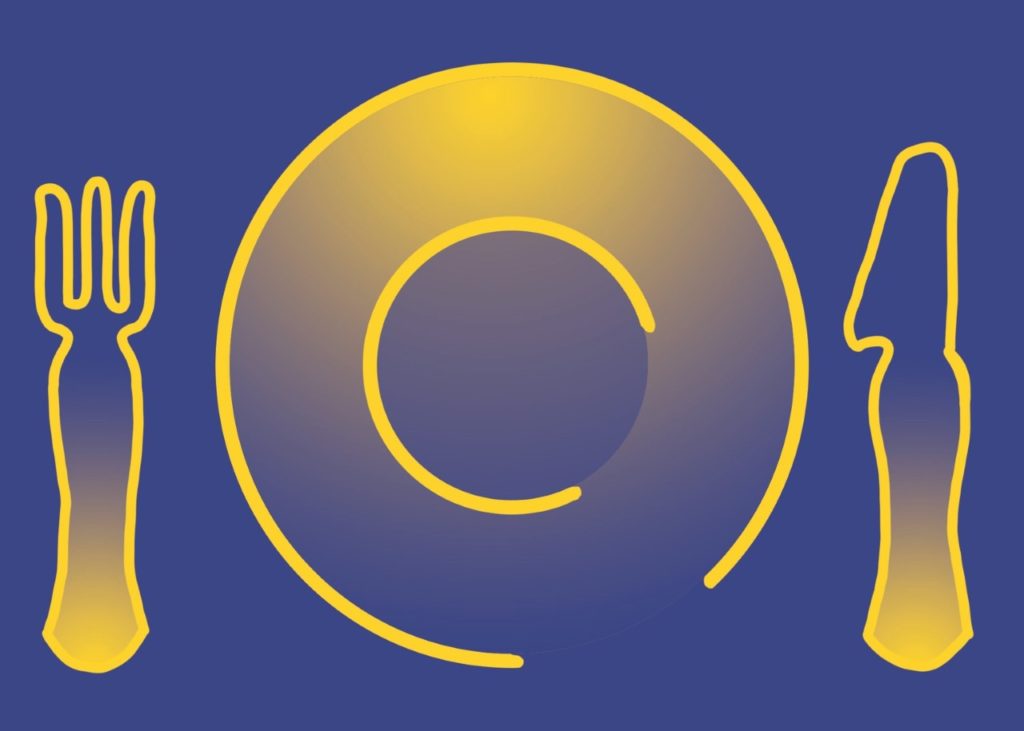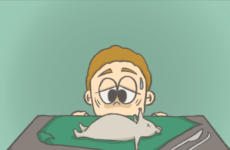Stepping outside of my dorm room, still groggy with sleep, I am excited for my favorite meal of the day — breakfast. Yet, in the back of my mind, I know what breakfast will look like: half-stale bagels, sugary muffins, yogurt, and some fruit if I’m lucky. Although I am grateful for the hard work of the SAGE staff, it’s hard not to feel frustrated.
As I approach the breakfast basket in Library’s common room, I close my eyes and pray for some bacon or eggs — I’d even give hard-boiled eggs a try. As I peek into the basket, disappointment sinks into my stomach as I stare at the same five foods I’ve had for breakfast for the past few days.
As I reach in to grab a bagel, a small voice in my head reminds me how many carbs I’ve had over the past few days. I head back to my room and eat plain, healthy oatmeal — though I know it will never satisfy my appetite nor power me through the day.
By the time classes end, I am so hungry that I search through all the snacks in my room, devour my last bag of chips, and beg my roommate for her cookies. I stuff more calories into my body than if I had just eaten SAGE’s turkey sandwich.
After my binging spree, I walk over to my mirror and pull up my shirt. My stomach is bloated, and guilt overwhelms me. I am filled with anger and hate for my uncontrollable eating habits, and I command myself to go on a run to salvage my health. However, my insufficient intake of nourishment has left my body with little energy, and my workout ends up both unenjoyable and ineffective.

Graphic by Stella Dubin/The Choate News
As I walk back to my room, I realize that exercise has become purely a means to shed off that extra weight I think I see in the mirror, rather than an outlet for relief from the many stresses of school. When did this shift in my relationship to food begin?
As a student-athlete, I’ve always tried to maintain a healthy diet to help sustain my fitness level for sports. Throughout high school, I’ve restricted myself to a generally healthy diet — a regiment always lingering in the back of my mind. In the past, however, my strict eating habits were only a way for me to gain muscle, not lose weight. The recent on-campus quarantine, however, has given way to a sudden eruption of all the negative thoughts I’ve accumulated from dieting for the past few years.
Though I greatly appreciate SAGE employees for their tremendous efforts to follow safety measures and provide high quality food during this quarantine period, their meal service hasn’t exactly included healthy options that I also enjoy. The unhealthy thoughts that I had maintained subconsciously for so long began to speak: If I don’t like the provided meals to begin with, why not just skip the meals and lose some weight along the way?
Suddenly, eating in moderation wasn’t something I did for my body but a habit I practiced to achieve an “ideal” body shape. Trapped inside this mindset, I’m constantly trying to escape a cycle of hunger, binging, and self-hate. My new eating habits have not only worsened my perception of food and exercise but have led me to criticize my body, degrading my mental health in the process.
I hope writing this article will be a step in fighting this mental blockade. One night last week, I allowed myself to enjoy mac and cheese, chicken nuggets, and cookies for dinner without worrying about what was written on the foods’ nutritional labels. Though pockets of guilt did creep up throughout the night, a different and stronger emotion — fulfillment — was able to triumph over that guilt. While fasting seems like a step toward my goal body in the moment, I realize that I cannot be truly satisfied until I free myself from my own destructive thoughts.




